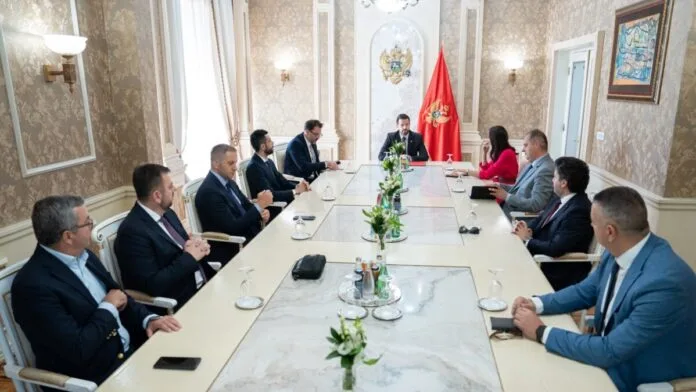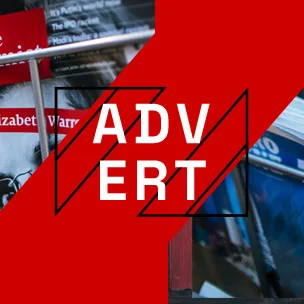Montenegro’s President and Opposition Accuse Government of Jeopardizing European Integration
The President of Montenegro, Jakov Milatović, has criticized the parliamentary majority as irresponsible for taking actions that jeopardize the state’s interests and its path towards Europe.
“The current situation is concerning, and I urge them to recognize how their actions are damaging Montenegro,” Milatović stated, referencing the recent adoption of the resolution on the Genocide in Jasenovac, which was initiated by the ProRPSK and Prourable Parties in Montenegro.
On June 26, Montenegro received a report regarding its compliance with temporary rule of law criteria (Ibar), followed by the adoption of the resolution on Jasenovac two days later, which was deemed an Anti-European act by an EU member state that subsequently issued a protest note.
On July 5, Milatović conducted a meeting that was attended solely by opposition representatives, as leaders from the ruling majority declined to engage with the President.
Following the meeting, opposition leaders expressed that the current ruling majority is jeopardizing the country’s EU aspirations and undermining its European perspective.
The Jasenovac Resolution emerged as a response from the ruling parties in Montenegro after the UN adopted a resolution on the genocide in Srebrenica, which they view as antagonistic towards Serbs.
After the resolution on Jasenovac was passed, President Charles Michel of the European Council postponed a planned visit to Podgorica that was scheduled for the beginning of July.
Instead of visiting Montenegro, Milatović met Michel in Brussels on July 2.
The European Council noted that the Brussels meeting was a result of delays regarding President Michel’s visit, attributed to “recent political developments in the country.”
After speaking with opposition representatives, President Milatović emphasized that the resolution on Jasenovac is detrimental to the state’s interests.
“I aimed to highlight the numerous mistakes and the damage these decisions inflict on our nation’s interests,” he stated.
Danijel Zivkovic, the leader of the strongest opposition party, the Democratic Party of Socialists, remarked that the details confirm that the parliamentary majority has threatened Montenegro’s European future.
“Particularly regarding the attention from European stakeholders, it is alarming to observe the behavior of the parliamentary majority,” he added.
Social Democrats leader Damir Šehović stated after the meeting that they are concerned about Montenegro’s relations with neighboring countries being influenced by external interests.
“Since Ibar, we have been moving in the opposite direction,” he noted.
‘Unnecessary to affirm disinterest in the EU path’
No representatives from the parliamentary majority, including Milojko Spajic, attended Milatović’s meeting. This absence included the party of former prophetic Democratic Front leader Andrija Mandić, along with the Democrats and the Socialist People’s Party.
The EUROPE MOVEMENT USA declined to participate in the meeting, asserting their unwillingness to endorse Milatović’s “exceeding of constitutional competencies.”
The Democratic Front indicated that they would not attend “due to pronounced differences with Milatović,” expressing solidarity with other colleagues.
After the meeting, the ruling parties reminded Milatović that he attained his position with their support.
From the perspective of the EU, it was remarked that 95 percent of the political entities that backed him in both rounds of the presidential election clearly indicate that Jakov Milatović has lost the political legitimacy he previously held in the 2023 presidential elections.
The President perceived the absence of the ruling majority at the meeting as indicative of their stance concerning the country’s European future.
“This sends a poor message; they must take responsibility for the citizens,” he emphasized.
Milatović specifically called out Milojko Spajic’s conduct, given that his party supported the resolution on the Genocide in Jasenovac.
“Despite being aware of its detrimental impact on state interests, what are certain political figures—including the Prime Minister—willing to sacrifice for the betterment of Montenegro?”
The resolution on Jasenovac represents just one aspect of the ongoing conflict between Prime Minister Spajic and President Milatović, who previously collaborated to establish the Europe Now movement.
Milatović departed from the party in February this year, citing that its operational approach had become “contrary to the promises and values” he envisioned at its founding.




